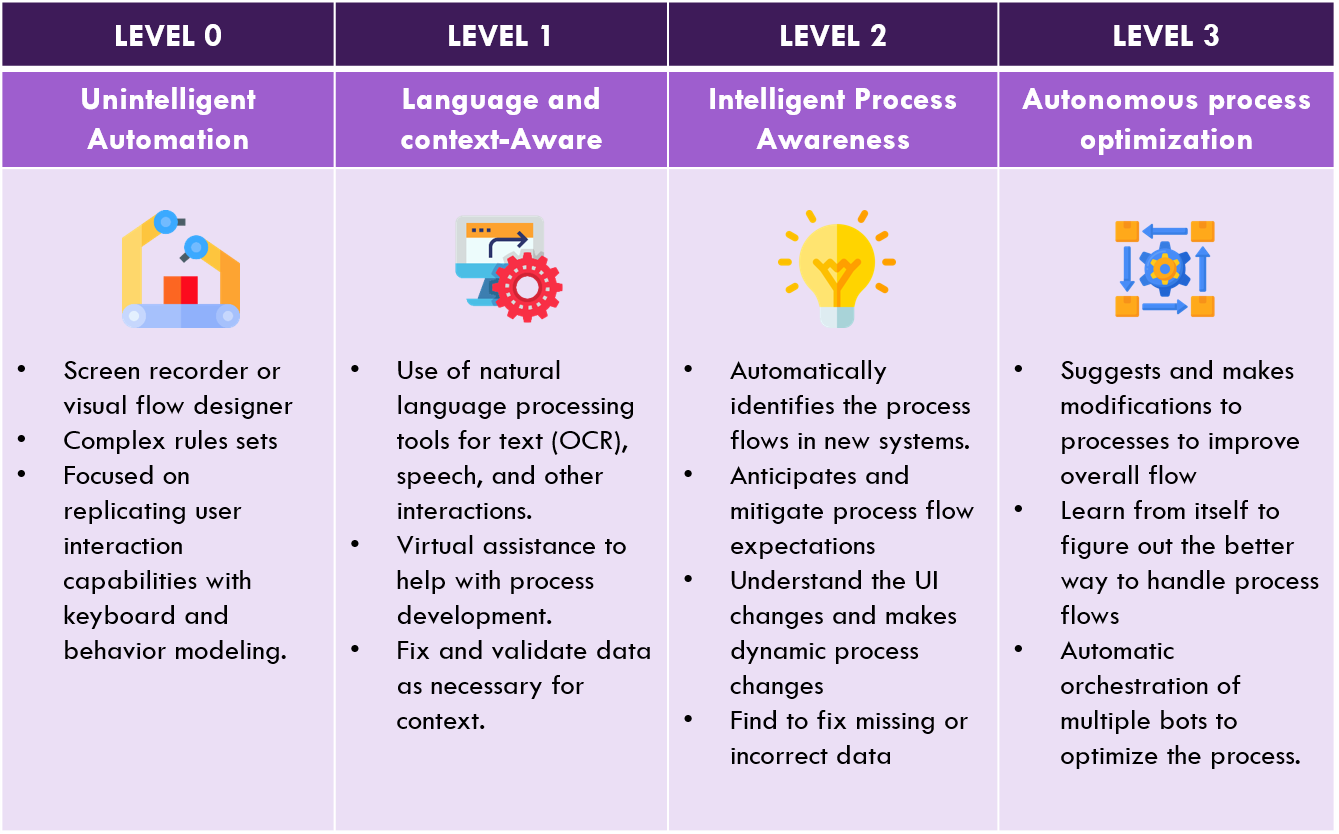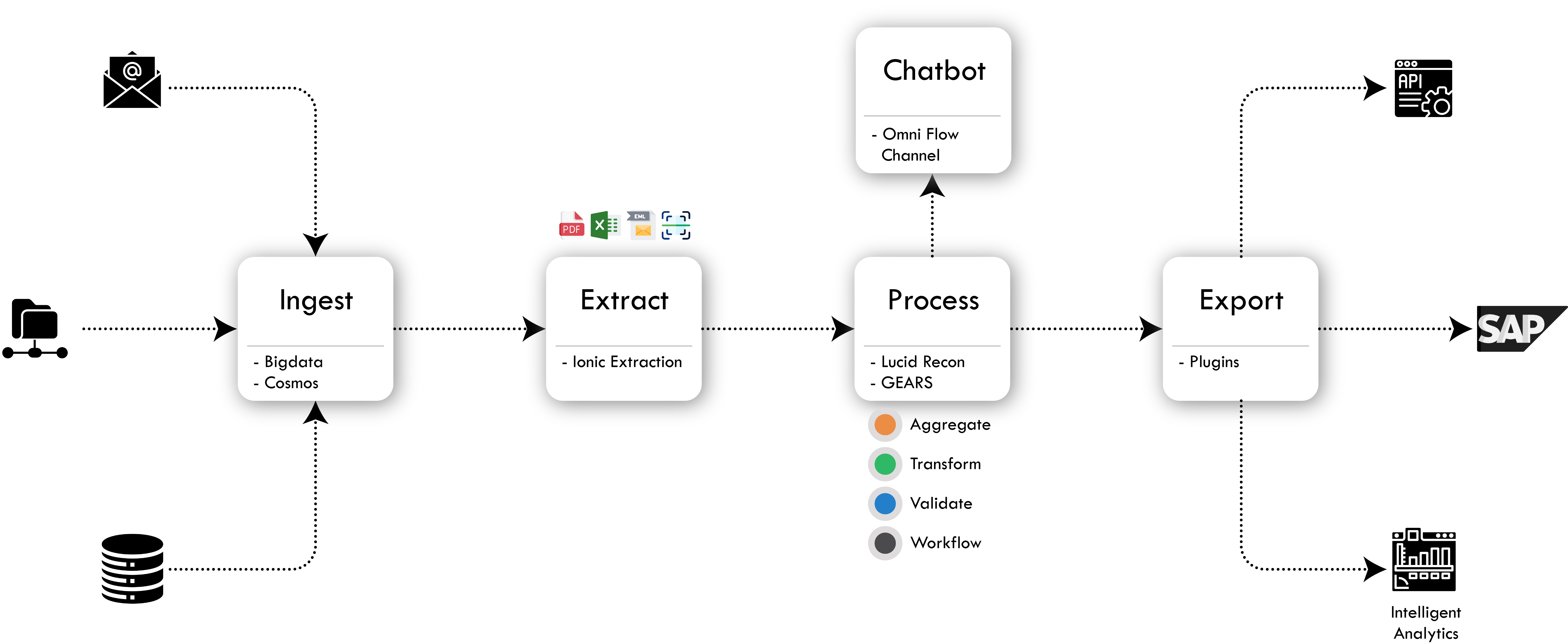Hi!
Subscribe to Our Newsletter
Trust us we hate spamming,
you will get delightful emails
February, 2022
Introduction:
Recent years have seen a dramatic increase in the use of robotic process automation (RPA), owing to the multiple benefits it brings in terms of automating activities, streamlining processes, and cost savings. RPA is a tool that automates repetitive, manual processes that are traditionally undertaken by skilled workers. It is designed using basic technologies such as screen scraping, macro scripting, and workflow automation.
RPA can be quite challenging when working with complex and unstructured data. It may be necessary to enlist the assistance of a person to ensure the operations go smoothly. Since these challenges first surfaced, there has been a hunt for a solution capable of expertly addressing all data types while preserving the fundamentals of efficient process optimization.
This is where Cognitive Process Automation (CPA) comes into play.
Understanding Cognitive Process Automation
It is a cost-effective, efficient, and profitable automation methodology for automating any business process end-to-end using a full stack of AI technologies and microservices such as machine learning, reasoning, natural language processing, speech, computer vision, and human-computer interactions that mimic the human brain's functioning and can improve human decision-making.
 Source :cognilytics
Source :cognilytics
Evolution of RPA to CPA
From time to time, cognitive process automation (CPA) is confused with robotic process automation (RPA). While this is understandable, CPA is a far more advanced and innovative platform.
The workplace and the way we do business transform along with technology. Cognitive automation is not a replacement for RPA but rather an evolution of it.
 Source:EverestGroup
Source:EverestGroup
Use of artificial intelligence(AI)technologies including machine learning and natural language processing(NPL) to enable
Cognitive Process Automation (CPA) overcomes the constraints of robotic process automation (RPA). It is a methodology that infuses intelligence into data-driven processes, which is why it is referred to as intelligent process automation.
In terms of operational efficiency, besides cost-effectiveness cognitive automation can help enhance productivity by minimizing human-based errors and reducing process time by approximately 40%.
Benefits:
ACE - The all-in-one process cognitive automation platform
Like a supercomputer in your pocket, our low-code Enterprise AI Platform, Algonox Cognitive Engine (ACE), has a powerful suite of Pick and Choose microservices to build intelligence into any app or process. ACE's robust modules of data intake, data extraction, data processing, reporting, data export, and AI conversational engine offer end-to-end automation for any process.

Conclusion:
In contrast to RPA, which automates certain operations based on static business rules that are implemented mechanically as long as the underlying system remains constant, cognitive automation automates tasks by learning the purpose of a scenario, much like humans do. Thus, cognitive automation applies artificial intelligence approaches to areas that need document processing, vision, natural language processing, and sound, elevating automation to a new level and increasing business outcomes.
ACE is the all-in-one cognitive automation platform that empowers your enterprise software. It’s designed to fuel intelligent processes on any enterprise system. Contact us today to see how we can help optimize your business